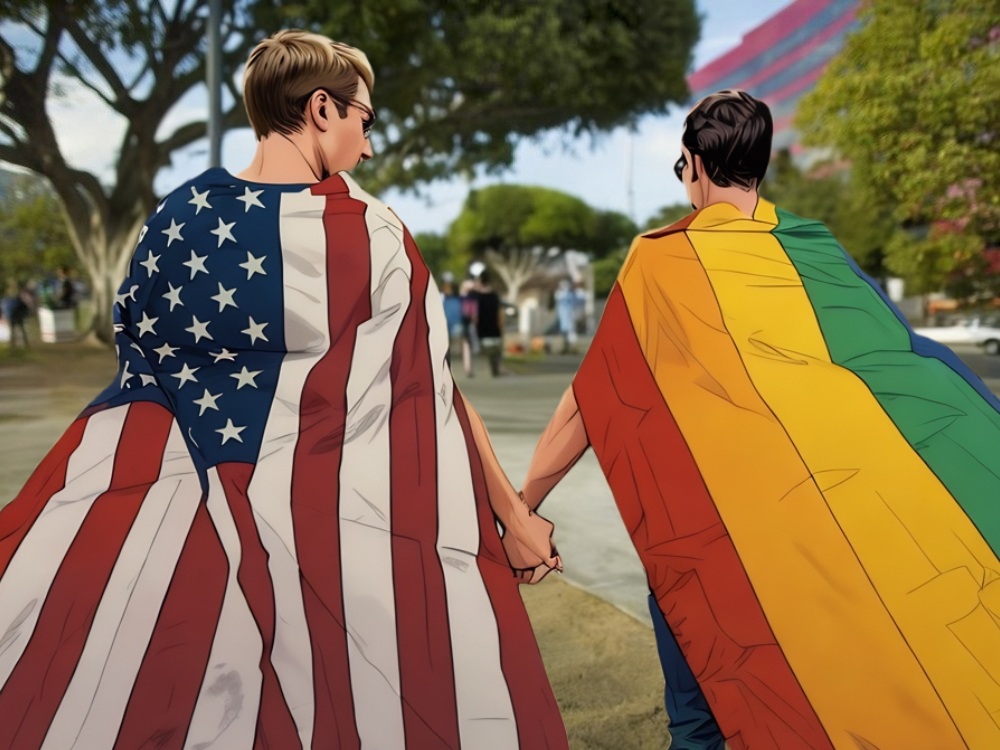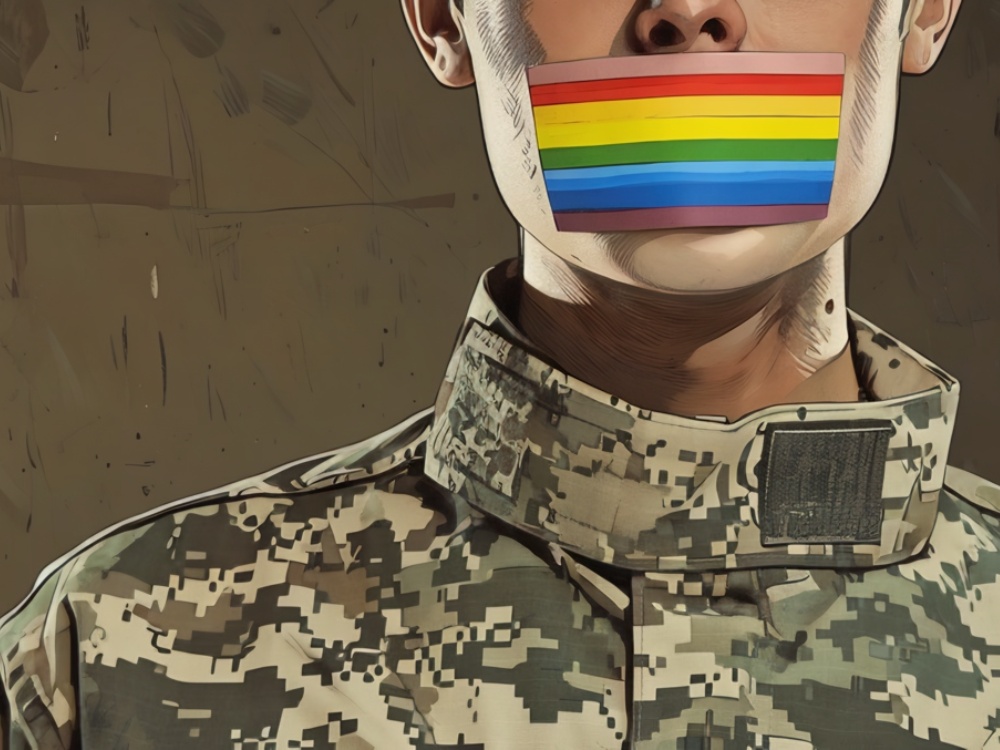A new poll by YouGov has revealed that LGBTQ+ people in the UK are significantly less likely to feel safe in public spaces compared to their heterosexual peers — particularly when it comes to showing affection towards a romantic partner.
The findings, published on 18 July, surveyed 2,959 LGBTQ+ UK residents and highlighted a deep disparity in feelings of safety between queer and straight Britons.
While displays of inclusivity, such as the Pride flag, offer a sense of comfort to many, public spaces still feel threatening for large portions of the community — especially gay men, lesbian women, and trans individuals.
Pride Flags Help, But Public Affection Still Feels Risky
According to the study, 67% of LGBTQ+ people feel “safer” when they see a Pride flag displayed in small public venues like cafes. This sense of reassurance is especially strong among queer women (75%) and non-binary or gender-diverse individuals (77%), compared to gay men (57%).
However, when it comes to expressing affection in public, the majority of gay men and lesbian women said they had experienced homophobic abuse for doing so.
Due to fear of discrimination:
- 71% of gay men and 66% of lesbian women said they often avoid showing affection to partners in public
- 30% of bisexual men and 15% of bisexual women reported the same
Kissing, Holding Hands, and Hugging Still Feel Unsafe
Among gay men, discomfort levels were especially high:
- 32% said they feel uncomfortable hugging a partner in public
- 56% felt uncomfortable holding hands
- 63% were uncomfortable with kissing
Additionally, 42% of gay men said they would never kiss their partner in public, 40% would never hold hands, and 20% would never hug — a stark reminder of how visibility can still feel dangerous.
Lesbian women also reported significant discomfort, albeit at slightly lower levels:
- 19% felt uncomfortable hugging
- 28% for holding hands
- 49% for kissing in public
Trans People & Lesbian Women Report Most Vulnerability
Across all YouGov data, lesbian women were notably less likely to feel safe in public:
- Only 36% said they never feel unsafe walking with their partner in the daytime
- That figure plummeted to just 10% when walking together at night
Meanwhile, transgender people also reported high vulnerability, with only 35% saying they never feel unsafe while walking with a partner during the day.
Hate Crimes Reflect Reality on the Ground
The fears reported by LGBTQ+ individuals are not unfounded. In the year ending March 2024, there were:
- 22,839 hate crimes in the UK related to sexual orientation, and
- 4,780 transphobic hate crimes, according to official figures
These statistics reflect a broader climate of intolerance and reinforce the findings that many LGBTQ+ people are altering their behaviour in public to avoid abuse or violence.

































